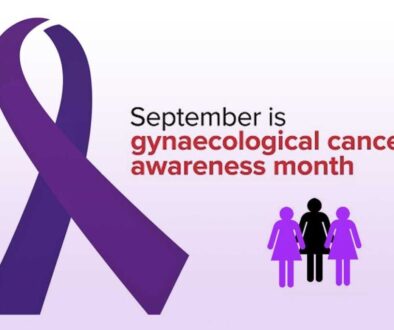See the Complete Picture: Tumor Size & Nodal Status
When someone is diagnosed with breast cancer, the first step your doctor would tell you is to undergo is a biopsy, where your biopsy test reports would analyze your breast cancer tumor size, your breast cancer nodal status and define your breast cancer staging. Additionally test for your cancer hormonal status and HER2 (human epidermal growth factor receptor 2) status, before your starting your initial treatment. These factors play a critical role in the plan of your treatment, as it affects the prognosis of breast cancer.
How does your tumor size and lymph node status define your cancer? Does it affect your treatment plan or your cancer prognosis?
Yes. Your cancer type, tumor size, and nodal status greatly affect your treatment plan and cancer prognosis.
As it is considered that tumor size is the most important factor that affects cancer prognosis. It is suggestive that larger the tumor size, the higher is the risk of cancer prognosis. It is also suggested that the Hormonal Receptor Status i.e. ER status plays a major n role in cancer treatment plan and cancer prognosis. As hormone receptor-positive cancers can be treated with hormonal therapy drugs and hormone receptor-negative cancers cannot be treated with hormonal therapy drugs. The hormone receptor-positive cancers are suggestive to grow slowly but have a potential for recurrence in coming years after treatment. Whereas hormone receptor-negative cancers grow faster as compared to hormone receptor-positive cancers.
The lymph node status also plays an important role in cancer prognosis, as it is suggestive that cancer spread to lymph nodes (these cancers are termed as metastatic cancers) has an increased risk of recurrence as compared to non-metastatic cancers.
HER2 Status, which is also being considered to affect the chances of prognosis. HER2 positive breast cancers are suggestive to be more aggressive and likely to spread and show recurrence as compared to HER2 negative breast cancers.
Also read:
Highlights on Breast Cancer Recurrence – “Why get 5 or 10 years when you can get 15”, and treatment plan “2 in 1 Avoid Chemo and Plan Endocrine Therapy” which is provided only by EndoPredict test
– The only test which provides you 15 years of recurrence risk along with the predictive report on chemotherapy and endocrine therapy benefits.
EndoPredict assuring all the essential factors such as gene expression (including genes for late metastasis), tumor size, and lymph node involvement status, it aids you with an appropriate treatment plan and defines you into low risk or high-risk categories defining the absolute chemotherapy benefit and provides you an appropriate treatment plan and your chances of recurrence.




